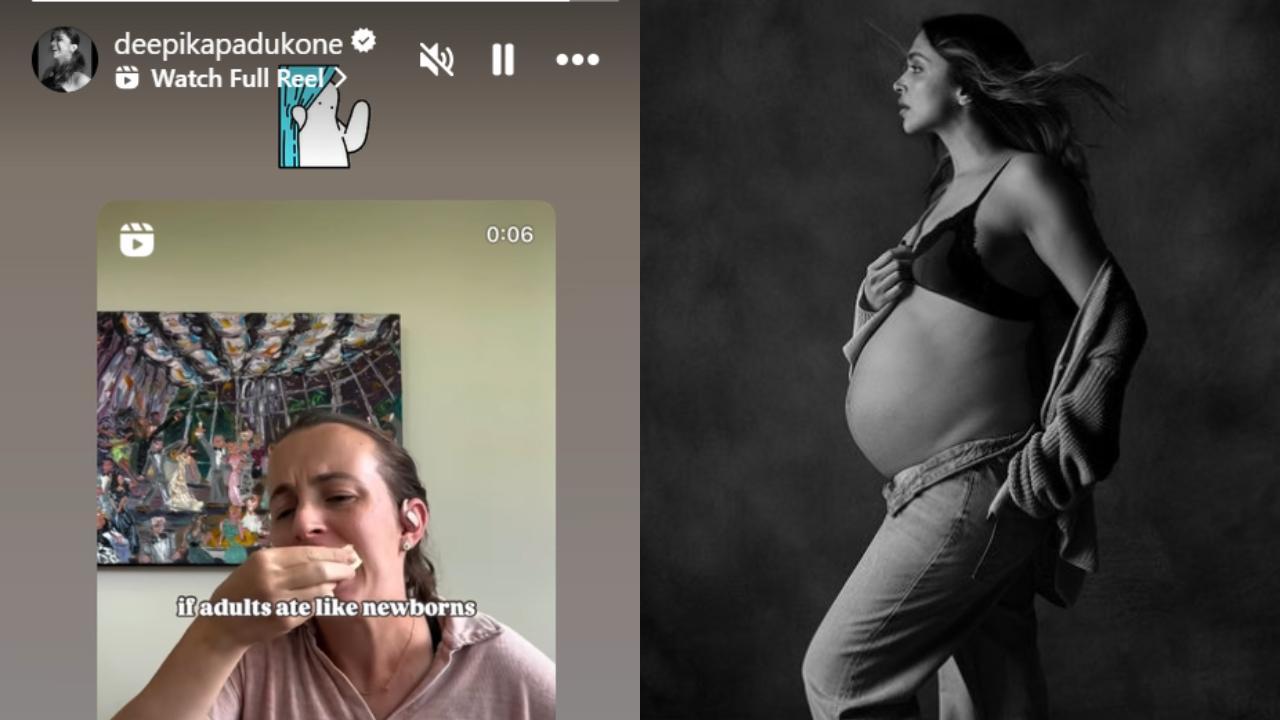Much has changed between August 19 and August 25. The former is the date when the contents of the Hema committee report were made public. This came right in the thick of the country still being caught in the waves of protests against the brutal rape and murder of a female Kolkata doctor.
The report was originally submitted to the Kerala government 5 years back and highlighted the plethora of issues plaguing the Malayalam film industry, particularly its women. Though specific in nature, the unfortunate reality of the situation is that the takeaways are something most women can relate to. On Friday, August 23, Malayalam actor Siddique, "welcomed" the report and its findings, urging the government to take speedy action on the recommendations.

Today, August 25, he resigned as the general secretary of the Association of Malayalam Movie Artists (AMMA). The same day when Siddique was affirming himself as an ally to those whose realities were reflected in the report, Bengali actor Sreelekha Mitra accused celebrated Malayalam filmmaker Ranjith of misbehaviour during her audition for a 2009 film. Today, Ranjith too has put in his resignation from the post of chairman of the Kerala Chalachitra Academy.
Siddique and Ranjith's resignations, given their respective mammoth legacies, feel like watershed moments, both having taken place in the same morning signaling the changing tides, however glacial they may be. The Hema committee report: Major findings Systemic abuse, literal or in essence, in some form or the other, is the glaring reality women grapple with as they reconfigure their lives around it. The Hema committee report and what it's findings are slowly achieving, is of course path breaking.
But the impetus which set this ball rolling was the horrifying violation actor Bhavana Menon went through in February 2017, when she was assaulted by a group of men during a travel from Thrissur to Kochi. Malayalam heavyweight, actor Dileep, also her co-star across multiple projects was charged with criminal conspiracy, also being taken into custody. He soon got out on bail, still continuing with a thriving career as the case awaits resolution.
This is where the Women in Cinema Collective (WCC) stepped in, petitioning the government, not just with regards to Bhavana's case, who for the sake of the cause waived off the anonymity granted to her by Indian law, but also requesting a probe into the larger web of atrocities being systematically perpetuated against women. A three-member panel was set up and what came of it was a 290-page report, disheartening and infuriating in equal measures. "Unchecked, uncontrolled" sexual harassment and debilitating fear were among the key highlights.
"Men in industry make open demands for sex without any qualms as if it’s their birthright. Women are left with very little options but to oblige — or reject at the cost of their long awaited dream of pursuing cinema as their profession", reads an excerpt. The fear harboured by women in the industry on the other hand, irrespective of if one was in front of the camera or behind it, traversed much beyond their physical bodies and mental agility.
"In the beginning, we found their fear strange but as our study progressed we realised it was well-founded. We are concerned about their and their close relatives' safety..
.they were afraid they would lose their jobs". The humanitarian concerns don't just end here.
Dismal is an understatement when it comes to the working conditions for junior artistes. No toilets, no changing rooms and often no food and water, accommodation or travel arrangements coupled with pittance for pay emerged among other findings. The dehumanising disregard for women, their safety and their well-being comes to light with accounts of them having to hold their urine in and not change their sanitary napkins for long durations, resulting in spells of sickness often needing hospitalisation.
Despite the kind of information that this report carried, it has taken nearly 5 years for it to be made public owing to several rounds of legal complications. Agency through association For any news related to a film industry, the narrative usually gets pounded down to a unilateral view of the actors' perspectives. But there is a whole army of expertise that goes into breathing life into a film and the industry it belongs to, a significant demographic of which are women.
The report carries the testaments of artists, producers, directors, scriptwriters, cinematographers, hairstylists, makeup artists and costume designers which legitimises the jarring similarity in experiences. In a discussion with The New Indian Express, editor Bina Paul, one of the founding members of the WCC, rightly pointed out, "It’s an attitudinal problem" — of both the unrelenting male gaze as well as the conscious relegation of and disregard for women. In recent years however, women have banded together in sharing their experiences which has acted as an enabler for reclaiming agency.
One doesn't really need to belong the Malayalam film industry to relate to the Hema committee's findings, and this where the power of agency through association lies. Retired Justice K Hema affirmed that the WCC had highlighted how the pressurised silence of women is what is paying to uphold the "prestige" of the Malayalam film industry. If this report has done anything, it has for the time being unmasked the systemic maze of abuse and exploitation favouring the whims of the elite patriarchal circle(s) which the industry thrives for.
But no matter the prestige, is an industry really thriving when its women have, for years on end been caught in the eye of a masked storm?.



















